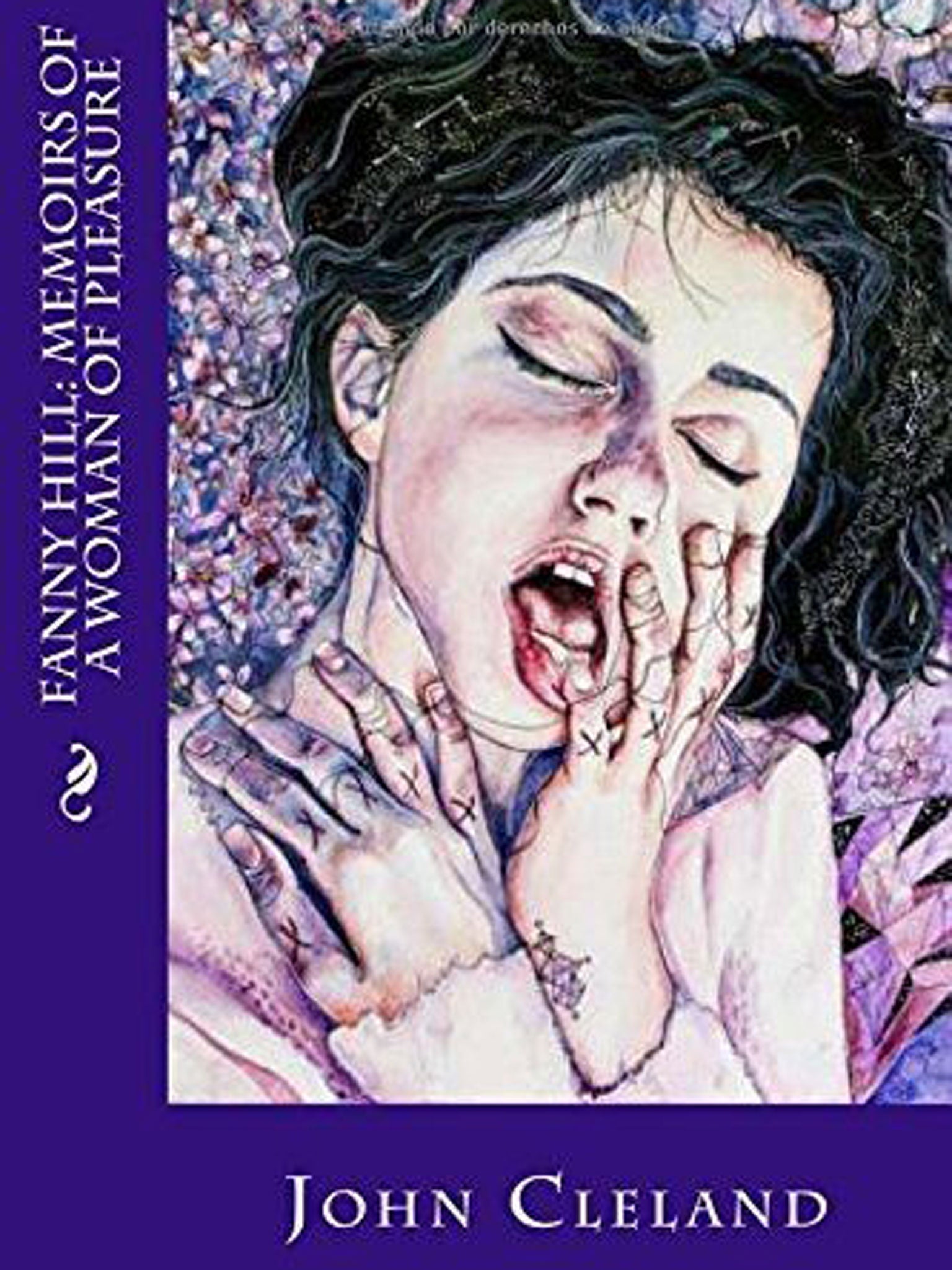Fanny Hill by John Cleland, book of a lifetime: The many varieties of sexual passion
Cleland's book had an unforgettable impact on Ian Buruma, since it was an important part of his sexual education

It was about 1964, when I was 12, that I found a copy of Fanny Hill: Memoirs of a Woman of Pleasure, by John Cleland, in my father's study. There it was, right next to another book I read with intense fascination, entitled Pornography and the Law. My father, a lawyer, was as interested in sex as he was in the law.
In 1964, Fanny Hill, first published in 1748, then banned for two centuries, was yet again the focus of an obscenity trial, after being reprinted in 1963.
I cannot claim that Fanny Hill is the best book I have ever read, nor it is necessarily my favourite work. But it had an unforgettable impact on me, since it was an important part of my sexual education. By then, I had already had the summons from my father to join him in his study to discuss the mating habits of mammals. Ah, I said, "you mean f**king". I had picked up that much from playground chatter.
But Fanny Hill supplied the details, as it were. The many varieties of sexual passion, described in flowery 18th-century language, were all there: the turned-up petticoats, the untied handkerchiefs, and the "throbbing engine" (or "gristle", or "machine") handled with professional finesse by Fanny before finding the "blissful spot", and culminating in the "effusion of pleasure".
My knowledge of such matters was entirely literary, thanks to Cleland. Reading Fanny Hill, for me, was like a musical ignoramus reading about counterpoint in a fairly technical book about musical composition.
And there were passages that remained obscure, which is why at least one of them is lodged forever in my mind. Fanny is picked up by a strapping young sailor, taken to a room at a local inn, spun round and laid across a table. The petticoat is turned up, and the engine displayed, whereupon she exclaims that he is knocking on the wrong door, whereupon he replied: "Pooh, any port in a storm."
It took me some years before the meaning of this sentence became clear. Despite such puzzling passages, Fanny Hill taught me a great deal. It helped, I think, that my bookish initiation into the world of sex came in the words of a woman, albeit written by a man. For at least I didn't grow up thinking that sensual pleasure was a male privilege, suffered by unfeeling females. The book also conditioned me to associate the written word with pleasure. I doubt somehow that many teenagers today spend much time reading 18th-century texts for their enjoyment, let alone for sexual kicks. I did, and I like to believe it was to my lasting benefit.
Ian Buruma's new book is 'Their Promised Land: My Grandparents in Love and War' (Atlantic)
Join our commenting forum
Join thought-provoking conversations, follow other Independent readers and see their replies
Comments
Bookmark popover
Removed from bookmarks